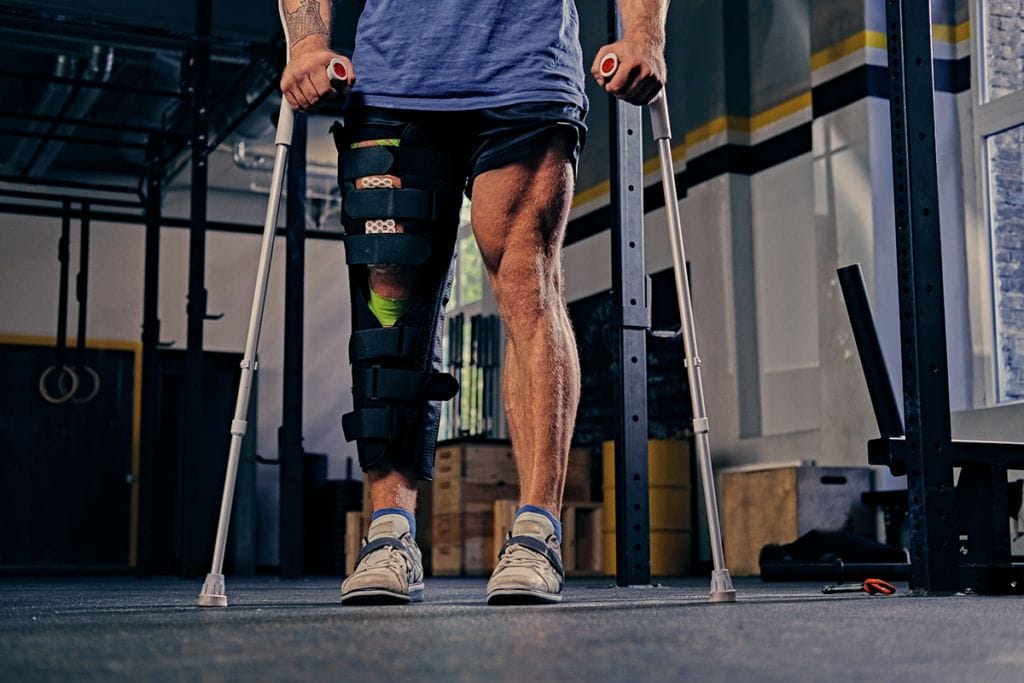Most athletes, if not all, will have minor nagging injuries. Pulled hamstrings and shin splints are common ailments. Some athletes will go through traumatic injuries like broken bones or even torn ligaments and tendons. All injuries may not have the same physical effects but almost all can have psychological effects on the athlete’s brain.
Post-Injury Psychological Effects
Getting an athlete to recover and perform even better than they did pre-injury can sometimes be harder on the brain than the body. Post-injury the body can feel inexperienced and as if you’re standing on new legs altogether.
The coaches here at Speed Mechanics have years of experience testing, assessing, and programming for athletes to best train and perform in their sport, and to be less susceptible to injury. The goal is to be adequately prepared for the movements related to your sport in the first place, but injuries happen regardless of how thorough or robust a training program works to prepare an athlete.
Post-Injury Physical Recovery
Getting the body back to sport-specific forces, velocities, and impacts is what the Speed Mechanics Return-To-Play (RTP) Program is all about. The goal of our RTP sessions is for you to be better than the level of play you were at when your injury occurred, both mentally and physically.
Getting the body healthy can be tough on its own but sometimes getting the brain to move past the injury is difficult.
Combining These Needs Into RTP
The RTP program includes strength training, speed training, change of direction, agility, jumping, and landing. The body will be prepared to successfully recover but the ultimate goal is to address the mental side of any injury and ready athletes to come back fully without hesitation.
Coaches at Speed Mechanics diligently work with each athlete to elevate confidence and preparedness for RTP.
For those athletes with nagging injuries or those with an active lifestyle – hampered by chronic conditions, Continuum Health Centre has an integrated practitioner-performance team where a complete continuity of care is available to get everyone back on their feet.
An injury can take a toll on the body and mind, but the right attitude and program designed specifically for athletes coming back from injury will get them back to competing better than ever. Having an athlete return to sport and be able to compete at their best is the entire premise of the RTP Program. Our coaches and practitioners firmly believe an athlete must be prepared to return to play without reticence or reservation.
At the completion of RTP programming, athletes should continue with their high-performance training, and return to sport. They may be apprehensive about pushing themselves in-game because they may be afraid of the injury “coming on”. When effective, RTP sessions will help the athlete lose this post-injury hesitance. Once they find themselves on the other side of injury, athletes will have the capacity and physical and mental confidence to return to competition safely.


